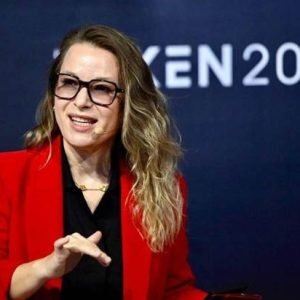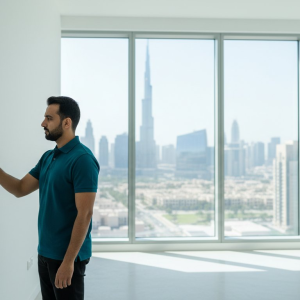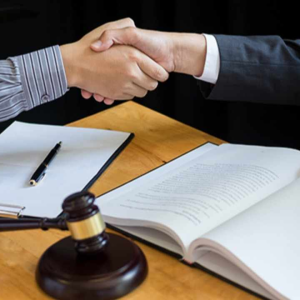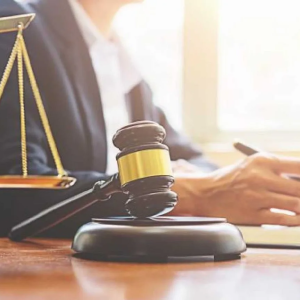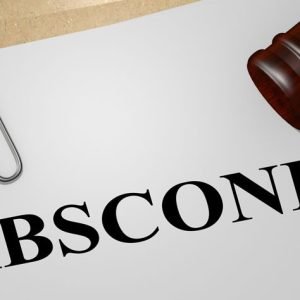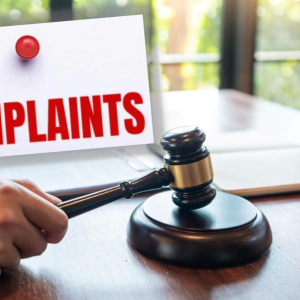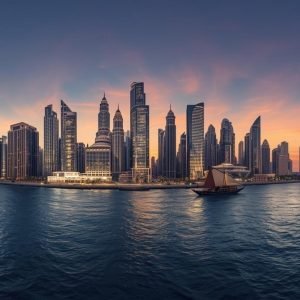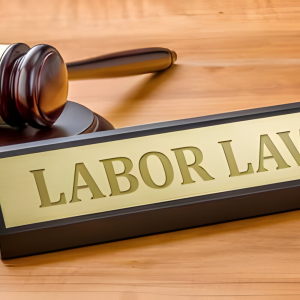UAE-Lebanon energy cooperation took center stage on September 8, 2025, when His Highness Sheikh Abdullah bin Zayed Al Nahyan, Deputy Prime Minister and Minister of Foreign Affairs of the United Arab Emirates, welcomed Joe Saddi, Lebanon’s Minister of Energy and Water, in Abu Dhabi. This high-level meeting aimed to strengthen the longstanding relations between the two nations, while focusing on sustainable energy development and mutual economic progress.
The discussions between Sheikh Abdullah and Minister Saddi reflected a shared commitment to fostering bilateral ties that go beyond diplomacy, touching on areas of energy, infrastructure, culture, and trade. The meeting marked a pivotal moment in the UAE-Lebanon relationship, particularly emphasizing the potential for joint initiatives in the energy sector that could benefit Lebanon and contribute to regional development.
Deepening Bilateral Relations
The UAE and Lebanon have enjoyed a history of cooperation and friendship that stretches back decades. The meeting in Abu Dhabi provided an opportunity to reaffirm these ties, highlighting a mutual desire to expand collaboration across various sectors. Sheikh Abdullah welcomed Minister Saddi with warmth, stressing the UAE’s support for Lebanon’s development agenda.

Both leaders discussed the importance of diplomatic engagement in fostering trust and understanding. Beyond formal protocols, the conversations showcased a personal commitment from both sides to strengthen their nations’ partnership. UAE-Lebanon energy cooperation was identified as a key pillar for this partnership, reflecting the shared understanding that energy security and sustainability are vital for economic growth and social stability.
Focus on Energy Cooperation
Energy formed the central theme of the discussions. Lebanon has faced ongoing energy challenges, including electricity shortages, outdated infrastructure, and reliance on expensive fuel imports. The UAE, with its advanced technological expertise in renewable energy, solar power, and sustainable energy solutions, expressed readiness to support Lebanon in overcoming these challenges.

Sheikh Abdullah and Minister Saddi explored joint initiatives that could help Lebanon diversify its energy sources. Possible areas included solar energy projects, power grid upgrades, and training programs for technical personnel. UAE-Lebanon energy cooperation aims not only to address Lebanon’s immediate energy needs but also to lay the foundation for a long-term, sustainable energy strategy that can drive economic growth and environmental responsibility.
Advancing Renewable Energy Initiatives
Renewable energy is a major component of UAE-Lebanon energy cooperation. Both sides discussed innovative ways to introduce solar, wind, and other renewable sources to Lebanon’s energy mix. Lebanon’s natural geography, with abundant sunlight and wind potential in certain regions, makes it ideal for renewable energy projects. The UAE’s experience in large-scale solar farms and smart grid technology can serve as a model for Lebanon.
The ministers highlighted the importance of energy efficiency as part of these projects. Initiatives could include improving residential and commercial energy systems, implementing smart meters, and encouraging energy conservation practices. Such steps would not only reduce costs but also contribute to a greener, more resilient energy infrastructure.
Economic Collaboration Through Energy
UAE-Lebanon energy cooperation is closely linked with broader economic collaboration. Energy stability is a prerequisite for business growth and investment. By improving Lebanon’s energy sector, both countries aim to create opportunities for investment, job creation, and industrial development.
The meeting included discussions about financing mechanisms for energy projects, including potential public-private partnerships, joint ventures, and knowledge-sharing platforms. By leveraging UAE’s financial and technological expertise alongside Lebanon’s local capabilities, the two nations hope to create projects that are economically viable, environmentally sustainable, and socially impactful.
Enhancing Cultural and Social Ties
While energy was the primary focus, Sheikh Abdullah and Minister Saddi also addressed cultural and social cooperation. Strengthening people-to-people connections is essential for the success of any bilateral partnership. Cultural exchanges, educational programs, and joint initiatives in arts and media were discussed as tools to enhance mutual understanding.
These initiatives aim to create a stronger foundation for UAE-Lebanon energy cooperation. When communities understand each other and share common goals, collaborative projects are more likely to succeed. Programs such as student exchanges, professional training workshops, and joint cultural festivals were proposed to deepen ties at the societal level.
Supporting Regional Stability
UAE-Lebanon energy cooperation is also part of a larger regional strategy. Energy security is intrinsically linked to political stability. By assisting Lebanon in building a reliable and sustainable energy infrastructure, the UAE contributes to regional stability, resilience, and growth.
Sheikh Abdullah emphasized that a stable and prosperous Lebanon is a shared interest for all neighboring countries. Energy projects can serve as catalysts for peace and economic prosperity, reducing dependency on external sources and minimizing vulnerabilities. Lebanon’s progress in energy management is expected to positively influence the broader Middle East region.
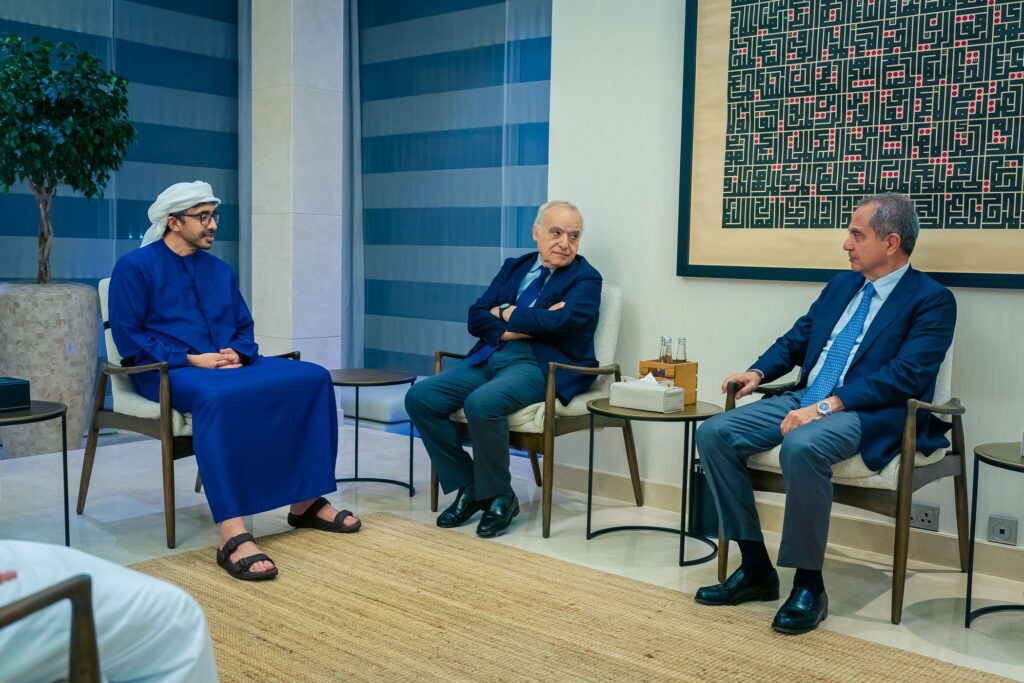
Technical Expertise and Knowledge Transfer
Another critical aspect of UAE-Lebanon energy cooperation is knowledge transfer. UAE experts in renewable energy, power grid management, and sustainable development are ready to share their expertise with Lebanese counterparts.
Training programs for engineers, technicians, and policymakers were proposed, covering areas such as renewable energy technologies, energy efficiency, and regulatory frameworks. By building local capacity, Lebanon can implement energy solutions independently while benefiting from UAE’s experience in deploying large-scale projects efficiently and sustainably.
Future Prospects
Looking ahead, UAE-Lebanon energy cooperation promises numerous opportunities for expansion. Both nations agreed to establish committees to oversee the implementation of energy projects, monitor progress, and explore new avenues for collaboration.
Potential projects include the development of solar farms, modernization of electricity grids, and joint research in sustainable energy technologies. The collaboration may also extend to water management, considering Lebanon’s energy-water nexus and the potential for integrated solutions that optimize resources.
Strengthening Trade and Investment
Energy cooperation can also facilitate trade and investment between the UAE and Lebanon. Reliable energy supply is essential for industrial growth, commercial operations, and technological innovation. By ensuring a stable energy sector, Lebanon can attract new businesses, expand exports, and create jobs, benefiting both countries’ economies.
Investment in energy infrastructure, renewable energy projects, and associated industries can generate significant economic returns. UAE-Lebanon energy cooperation is therefore a strategic initiative with long-term economic implications, fostering sustainable development, regional integration, and shared prosperity.
Commitment to Sustainability
Sustainability was a recurring theme during the meeting. Both leaders emphasized the importance of balancing energy production with environmental responsibility. UAE-Lebanon energy cooperation will focus on reducing carbon emissions, adopting green technologies, and implementing policies that promote clean energy solutions.
This approach aligns with global trends in sustainable development and reflects both nations’ commitments to international environmental standards. By prioritizing renewable energy and eco-friendly practices, the UAE and Lebanon can set an example for the region while achieving their development goals.
Conclusion
The meeting between Sheikh Abdullah bin Zayed and Joe Saddi marked a significant step in UAE-Lebanon energy cooperation. It highlighted shared priorities, mutual respect, and a forward-looking approach to bilateral relations.
Through collaboration in energy, culture, trade, and technology, the UAE and Lebanon are building a partnership that extends beyond diplomacy, aiming for tangible benefits for citizens, businesses, and the environment. The focus on renewable energy, sustainable development, and regional stability ensures that this cooperation will have lasting impacts for years to come.
UAE-Lebanon energy cooperation represents a model of how nations can leverage their strengths to address shared challenges, foster economic growth, and promote sustainable development. This meeting sets the stage for a bright and collaborative future, demonstrating the power of partnership, innovation, and mutual support in shaping regional progress.
Do follow UAE Stories on Instagram
Read Next – New UAE Ambassadors Sworn Before the President



